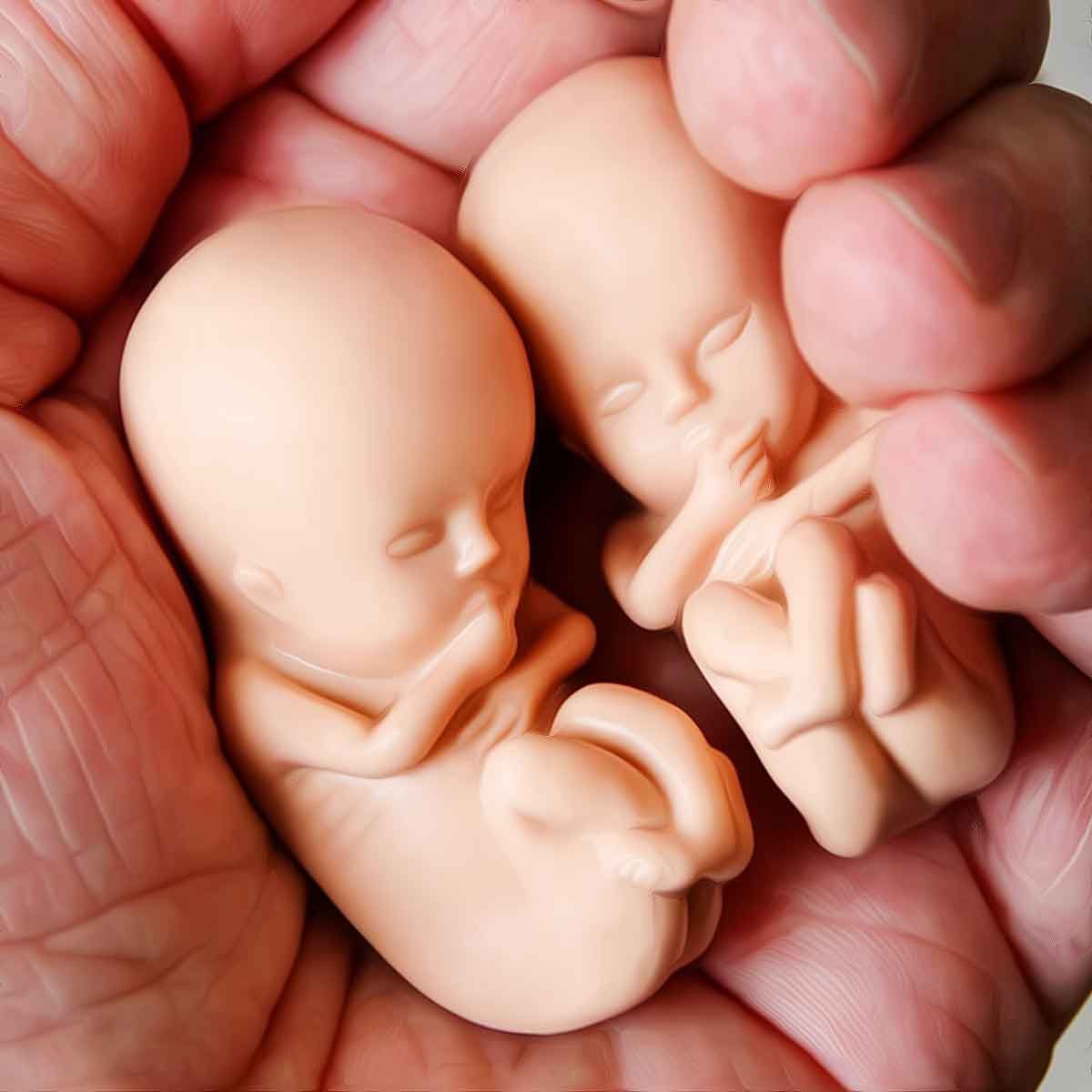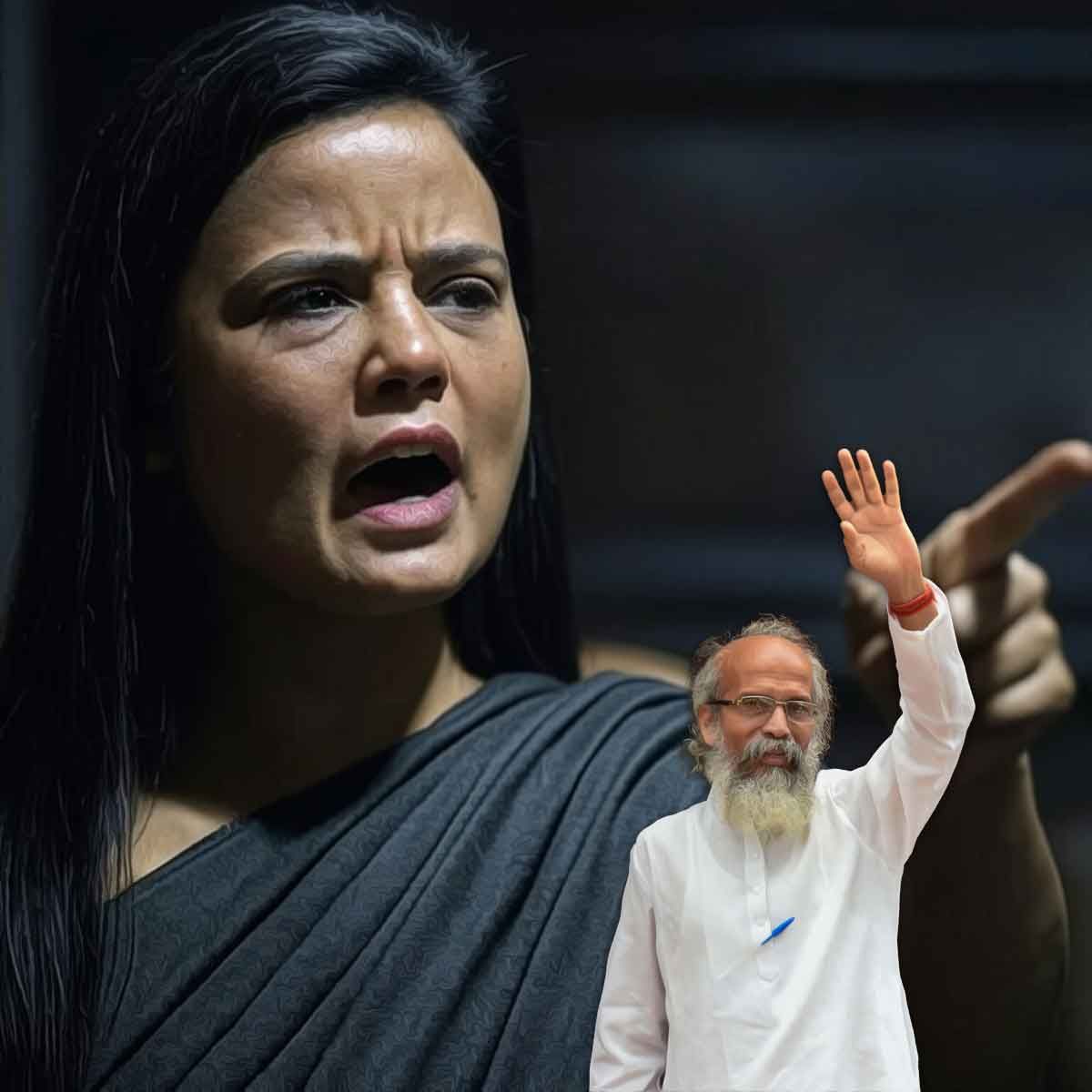More Coverage
Twitter Coverage
JOIN SATYAAGRAH SOCIAL MEDIA
“Life is a matter of choices, and every choice you make makes you”: In a historic judgment, Supreme Court declared that unmarried women are entitled to terminate pregnancies of 20-24 weeks from consensual relationships on International Safe Abortion day

In a significant judgment, the Supreme Court on Thursday declared that unmarried women are also entitled to seek abortion of pregnancy in the term of 20-24 weeks arising out of a consensual relationship.
|
The Court ruled that the exclusion of unmarried women who conceive out of the live-in relationship from the Medical Termination of Pregnancy Rules is unconstitutional.
"All women are entitled to safe and legal abortion", the Court said noting that the 2021 amendment to the Medical Termination of Pregnancy Act does not make a distinction between married and unmarried women.
The issue relates to whether the exclusion of unmarried women, whose pregnancy arises out of a consensual relationship, from Rule 3B of the Medical Termination of Pregnancy Rules is valid. Rule 3B mentions the categories of women whose pregnancy in the duration of 20-24 weeks can be terminated.
Distinction between married and unmarried women unsustainable
"If Rule 3B(c) is understood as only for married women, it would perpetuate the stereotype that only married women indulge in sexual activities. This is not constitutionally sustainable. The artificial distinction between married and unmarried women cannot be sustained. Women must have the autonomy to have free exercise of these rights", Justice Chandrachud, the presiding judge of the bench, read out the excerpts of the judgment.
"The rights of reproductive autonomy give unmarried women similar rights as married women", the Court added. The object of section 3(2)(b) of the MTP Act is in allowing women to undergo abortion after 20-24 weeks. Therefore, including only married and excluding unmarried women will be violative of Article 14 of the Constitution.
|
Reproductive right part of individual autonomy
The fetus relies on the woman's body to sustain it. Therefore, the decision to terminate is firmly rooted in their right to bodily autonomy. If the State forces a woman to carry an unwanted pregnancy to the full term, it will amount to an affront to her dignity.
A Bench comprising Justices D.Y. Chandrachud, A.S. Bopanna, and J.B. Pardiwala reserved judgment in the case on August 23.
Law must be interpreted keeping in mind changing social mores
When the MTP Act was enacted in 1971, it largely concerning married women. But as societal norms and mores change, the law must also adapt. Changing social mores must be borne in mind while interpreting provisions. Societal realities indicate the need to recognize legally non-traditional family structures.
|
Judgment delivered on International Safe Abortion day
After the judgment was pronounced, a lawyer informed the bench that today happens to be international safe abortion day.
"I had no idea that this would coincide with safe abortion day. Thank you for informing us", Justice Chandrachud remarked.
Which are the categories of women included in Rule 3B?
The categories of women mentioned in Rule 3B of the MTP Rules framed by the Central Government are :
- survivors of sexual assault or rape or incest;
- minors;
- change of marital status during the ongoing pregnancy (widowhood and divorce);
- women with physical disabilities [major disability as per criteria laid down under the Rights of Persons with Disabilities Act, 2016 (49 of 2016)];
- mentally ill women including mental retardafetal
- the foetal malformatia on that has substantial risk of being incompatible with life or if the child is born it may suffer from such physical or mental abnormalities to be seriously handicapped; and
- women with pregnancy in humanitarian settings or disaster or emergency situations as may be declared by the Government.
These categories were added to the MTP Rules by the Central Government following the 2021 amendment to the MTP Act, which raised the ceiling limit for termination of pregnancy.
|
Background
The case arose when a 25-year-old unmarried woman approached the Delhi High Court seeking termination of her pregnancy of 23 weeks and 5 days stating that her pregnancy arose out of a consensual relationship, however, she could not give birth to the child as she was an unmarried woman and her partner had refused to marry her. However, a division bench of the Delhi High Court comprising Chief Justice Satish Chandra Sharma and Justice Subramonium Prasad refused interim relief to her. The High Court observed that unmarried women, whose pregnancy arose out of a consensual relationship, were not covered by any of the Clauses under the Medical Termination of Pregnancy Rules, 2003.
She then approached the Supreme Court which, on 21st July 2022 passed an ad-interim order allowing her to abort her pregnancy subject to a medical board constituted by the AIIMS Delhi concluding that the fetus could be aborted without risk to the life of the woman.
The Supreme Court bench was of the view that the Delhi High Court had taken an "unduly restrictive view" inasmuch as Rule 3(b) speaks of "change in marital status" of woman, followed by expressions widowhood or divorce. It held that the expression "change in marital status" must be given a "purposive interpretation". The bench comprising Justices DY Chandrachud, Surya Kant, and AS Bopanna took into account the amendments made to the Medical Termination of Pregnancy Act in 2021 which substituted the word "husband" in Explanation 1 to Section 3(2) of the Act with the word "partner" and observed that excluding unmarried women and single women from the ambit of the statute goes against the purpose of the legislation. The order stated–
"There is no basis to deny unmarried women the right to medically terminate the pregnancy when the same choice is available to other categories of women."
On the above premises, the Court had concluded that the petitioner's case prima facie falls within the ambit of the Act.
(Case: X vs Principal Secretary, Health and Family Welfare Department, Govt of NCT Of Delhi, C. A 5802/2022).
|
References:
 Support Us
Support Us
Satyagraha was born from the heart of our land, with an undying aim to unveil the true essence of Bharat. It seeks to illuminate the hidden tales of our valiant freedom fighters and the rich chronicles that haven't yet sung their complete melody in the mainstream.
While platforms like NDTV and 'The Wire' effortlessly garner funds under the banner of safeguarding democracy, we at Satyagraha walk a different path. Our strength and resonance come from you. In this journey to weave a stronger Bharat, every little contribution amplifies our voice. Let's come together, contribute as you can, and champion the true spirit of our nation.
 |  |  |
| ICICI Bank of Satyaagrah | Razorpay Bank of Satyaagrah | PayPal Bank of Satyaagrah - For International Payments |
If all above doesn't work, then try the LINK below:
Please share the article on other platforms
DISCLAIMER: The author is solely responsible for the views expressed in this article. The author carries the responsibility for citing and/or licensing of images utilized within the text. The website also frequently uses non-commercial images for representational purposes only in line with the article. We are not responsible for the authenticity of such images. If some images have a copyright issue, we request the person/entity to contact us at This email address is being protected from spambots. You need JavaScript enabled to view it. and we will take the necessary actions to resolve the issue.
Related Articles
- "प्यार तूने क्या किया": In Kolkata, 36-year-old divorcee Sanghati Paul stabs 30-year-old Sarthak Das, her live-in partner, multiple times, Das treated her son as his own, Paul confessed to the crime, igniting a city-wide debate on hidden feminism dangers
- Gender Biased Indian Law: Delhi High Court observed that in India, expenditure borne by brother in supporting his divorced sister must be taken into account while passing an order of maintenance in favour of his wife
- "Excessively harsh": Centre opposes criminalizing marital rape, citing existing laws like Sections 354, 354A, 354B, 498A IPC, and the Domestic Violence Act, 2005, already offer serious penal consequences for violations of consent within marriage
- "In the pursuit of justice, let's not forget the essence of the law": Section 498A IPC, enacted to protect married women from cruelty, is now being misused. This misuse disrupts familial harmony and undermines genuine cases, warns Jharkhand High Court
- Husband submitted that his wife living separately for 10 years, she implicated false 498-A IPC, in which he was acquitted, and prayed for divorce on ground of mental cruelty: Court concurred disputes not serious
- In an unexpected turn, the Supreme Court acquits woman accused of killing her newborn; says High Court, trial court possibly didn't respect her right to privacy, it's enlightening to see how privacy might now overshadow the scales of justice, isn't it?
- "Man versus dog: in this round of alimony Olympics, Fido takes the gold!": In an unprecedented ruling, Mumbai's court insists that man's best friend requires maintenance too, husband now legally obliged to pay estranged wife's canine companions' upkeep
- “A bench of Justices chosen through collegium got to choose to decide who has the better lawyer”: Karnataka government supports High Court verdict upholding marital rape charges against husband which is another stark violation of human rights
- “A mother’s arms are made of tenderness and children sleep soundly in them”: Bombay High Court grants bail to woman accused of throwing her newborn baby from top of building, she was upset with her husband, and suspected of him committing adultery
- "Nepotism will never give you success, but talent can": Delhi Court framed charges against DCW Chairperson, Swati Maliwal and 3 others for abusing their official positions and illegally appointing various acquaintances, says “Clearly Reflects Nepotism”






















